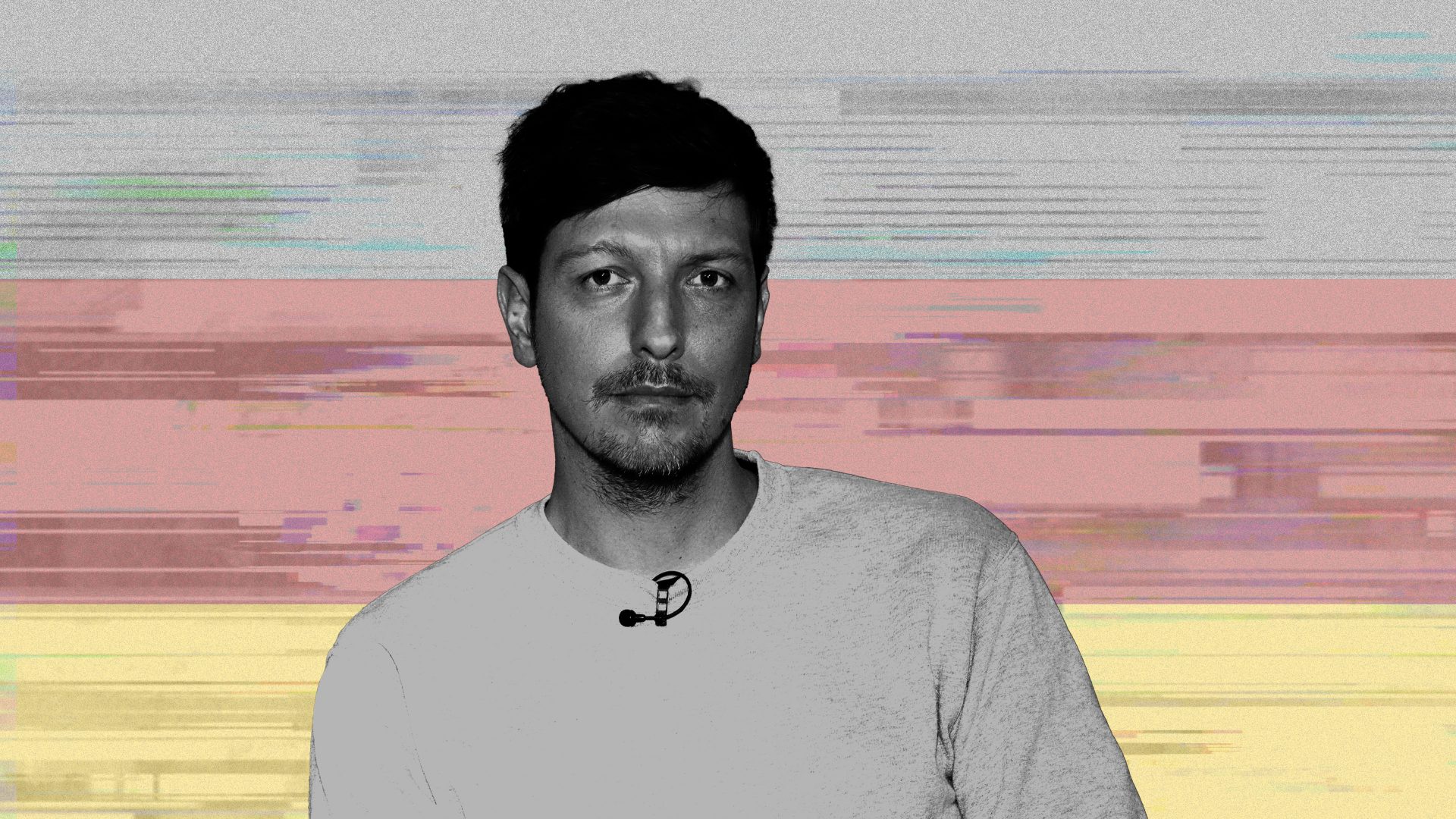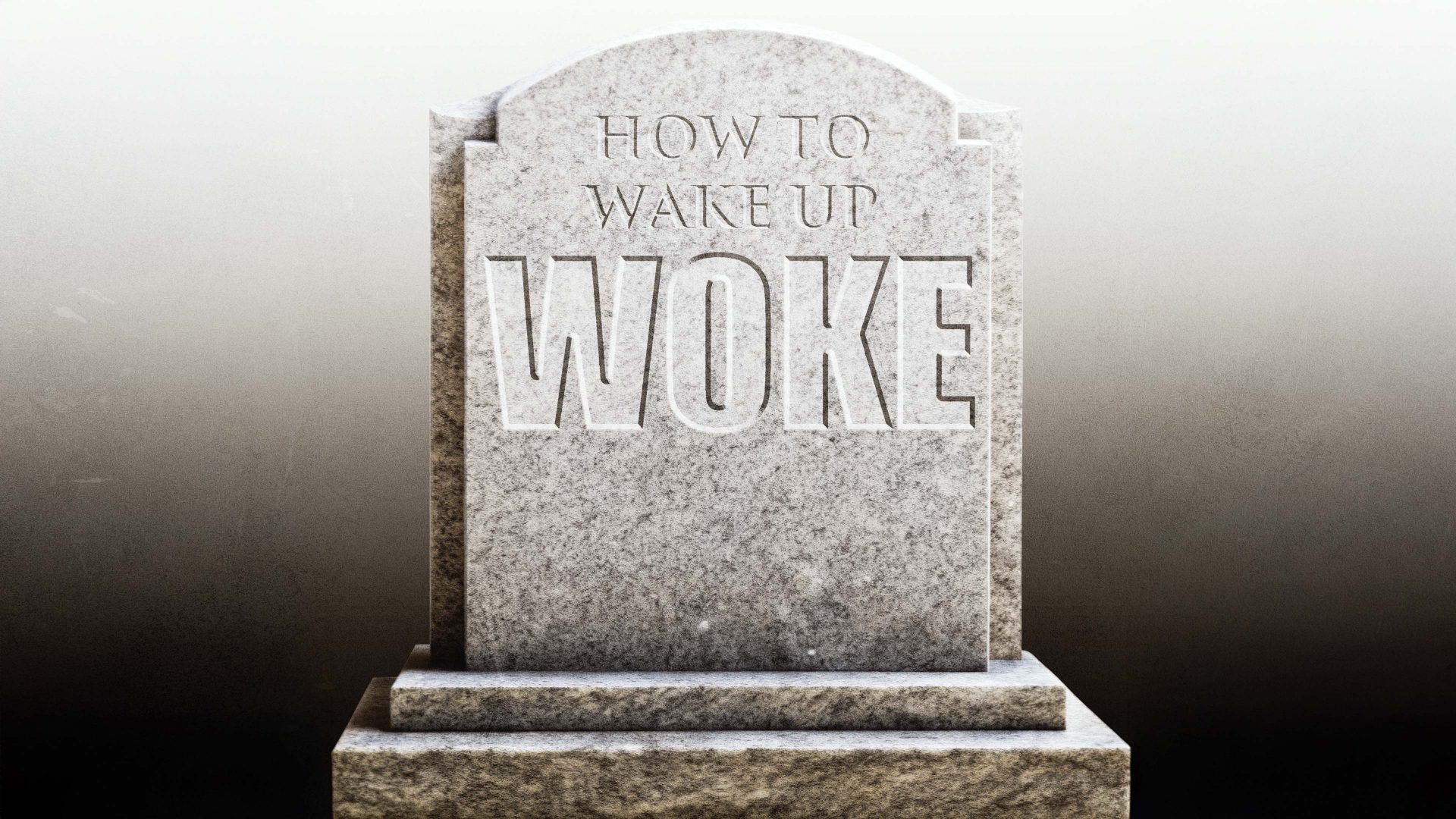Germany’s new year has its first media scandal. It involves public broadcaster ARD, toxic masculinity, cancel culture and the inevitable question “Does this century allow for second chances?”
A quick timeline (before we get to the corpus delicti):
December 19: ARD names 43-year-old journalist Thilo Mischke as the new host of the channel’s most prestigious Sunday night culture show Titel, Thesen, Temperamente (ttt).
December 23: a petition called “Stop Mischke as ttt-host” is launched on change.org. Also, the podcast Feminist Shelf Control airs a 135-minute episode with four women outperforming each other in condemning a crowdsourced compilation of Mischke quotes that are judged to include misogyny, racism, ableism and homophobia.
December 24: no holiday for ttt’s social media team. Its comms strategy turns out to be this: ask the “Liebe Community” for time to thoroughly look into the allegations. Clearly position the brand against sexism. Promise to “not sit this out”. And finally: “Wir hören Euch” (we hear you) – a phrase that has slipped into modern German, as well as “community”, to show empathy and inclusiveness.
December 27: ARD defends Mischke, who it says has “dealt intensively and self-critically with the accusations” of sexism and racism and has “proven his expertise as a journalist and reporter”. The statement concludes: “We are now looking forward to Thilo Mischke and his view of culture.”
January 2: More than 100 people (somewhat) engaged in the cultural sector sign an open letter promising never to appear on the show if hosted by the accused.
January 4: after 16 days of crisis management, ARD sacks Mischke. The “fierce discussion about the issue overshadows the… relevant topics that we want to convey with the programme… and discuss with the community – in such a way that this is no longer possible”.
And here’s what Thilo Mischke has done to have six heads of six cultural departments at six ARD stations give in to public pressure (admittedly a rather small part of the public; so far only 3,600 people have signed the petition): in 2010, the former Vice reporter wrote a book with the promising title Around The World In 80 Women. Executive summary: an attempt at gonzo-journalism in which Mischke’s trip is sponsored by laddish friends if he seduces one woman per country.
The UK section of this sexualised Baedeker says: “Maybe I should start in London. You go to the pub in the early evening and have sex with an English woman two hours later, even if she has no idea who you are.” Yeah, well…
The usual question about whether the author can be separated from his work doesn’t apply, by the way. Mischke has insisted many times that his book was very much non-fiction (albeit laced with wishful thinking, I assume).
Three years later, he writes his next oeuvre, generously called: Mrs Right Doesn’t Need Big Breasts.
In addition to his literary machismo, in 2019 Mischke makes some rather idiotic remarks on evolutionary masculine rape psychology (which, in his analysis, the Christian church put an end to).
Now, you may wonder why this guy was ever considered for the job, apart from the fact that his parents ran a bookshop in East Berlin. Here’s why: his work for commercial broadcaster ProSieben has won him renowned TV awards. The reports include “Afghanistan in the grip of the Taliban”, “Germans on the ISIS Front” and covert research on AfD that led to a prominent party employee being sacked.
Mischke has interviewed a Boko Haram leader on terrorism, has met drug cartels in Mexico and the Philippines, female freedom fighters in Iraq, and evangelical extremists in the Bible Belt. It’s fair to say that after his first hedonistic endeavours at ProSieben (another quest around the world for the best sex), he’s moved on to more serious matters. He was even voted journalist of the year in 2020. And he took legal measures to keep …In 80 Women from being reprinted.
It’s easy to see why ARD, in desperate need of younger viewers, chose Mischke as the new face for ttt. It’s equally obvious that ttt’s editorial team and vociferous activists in the cultural sector hated him getting “the cool job” and blamed Bro-culture for the choice.
So far, no one has accused Mischke of misbehaving towards people in real life. On the contrary, his copy editor at Berliner Zeitung insists she enjoys working with him, and ProSieben firmly supports him.
But a few thousand people can now claim victory against (not so) powerful ARD. There are no second chances in cultural affairs, it seems.




